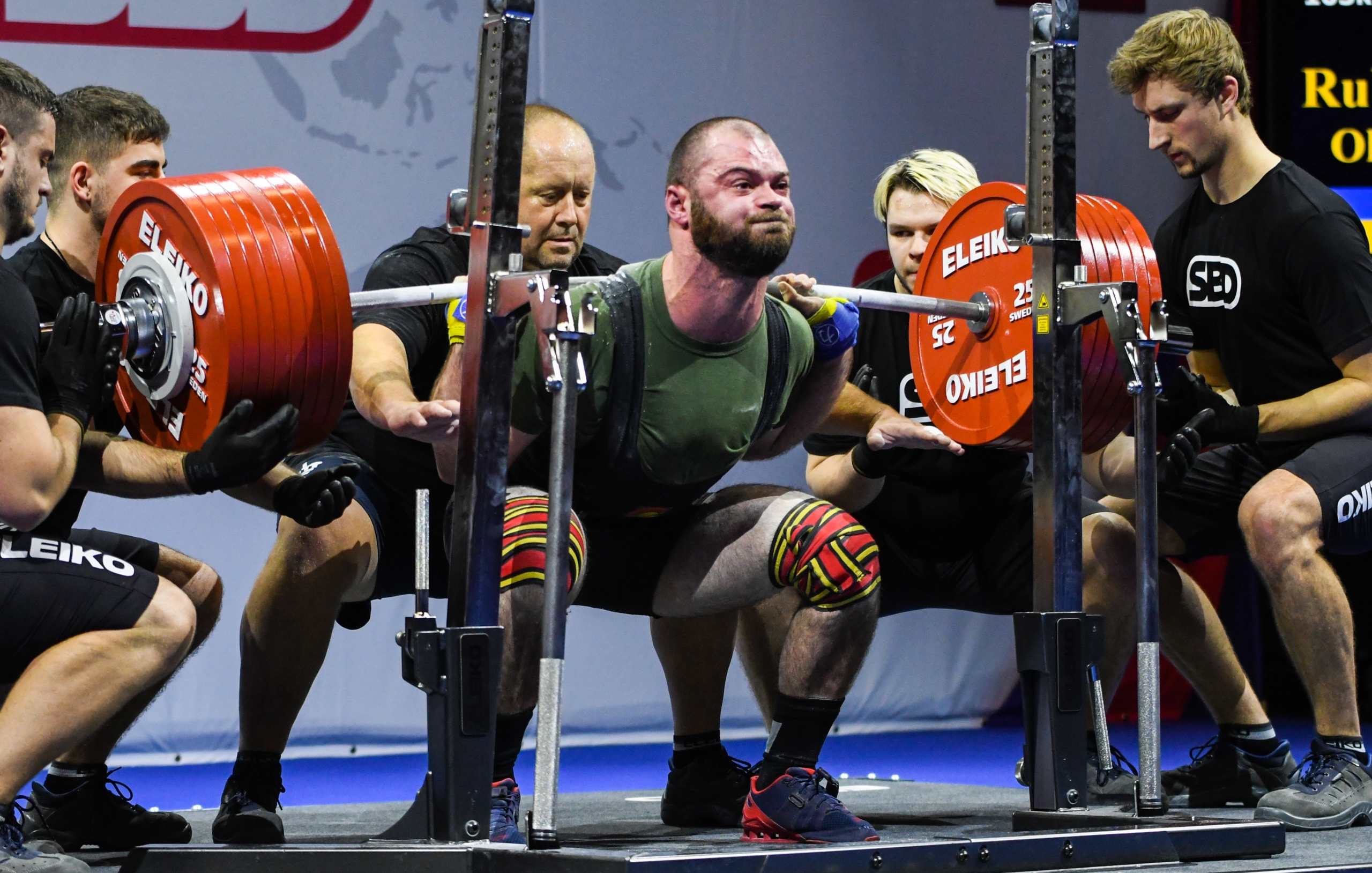
How to Brace Your Core in Powerlifting – Unlocking Maximum Strength
Core bracing is one of the most overlooked aspects of powerlifting, yet it plays a critical role in maximizing strength and preventing injuries. Whether you're performing a squat, bench press, or deadlift, a properly braced core provides stability, control, and power transfer.
Many lifters struggle with how to brace correctly, leading to energy leaks, poor form, and reduced lifting efficiency. In this guide, we’ll break down the best techniques for core bracing, helping you lift heavier and safer.

Why Core Bracing Matters in Powerlifting
🔥 Protects Your Spine – A strong brace prevents excessive spinal flexion, reducing injury risk.
🔥 Enhances Power Transfer – Proper bracing allows efficient force distribution, improving lift mechanics.
🔥 Improves Stability – A tight core keeps your body rigid, preventing unnecessary movement.

How to Brace Your Core for Maximum Strength
✅ Step 1: Take a Deep Belly Breath
Breathe into your diaphragm, expanding your stomach, not your chest.
✅ Step 2: Engage Your Abdominal Wall
Imagine pushing out against a weightlifting belt or your own hands.
✅ Step 3: Lock Your Ribcage & Pelvis
Keep your ribs down and pelvis neutral to maintain full-body tension.
✅ Step 4: Hold the Brace Throughout the Lift
Maintain constant pressure until the lift is completed.

Common Mistakes & How to Fix Them
🚫 Breathing Into the Chest – Leads to poor intra-abdominal pressure.
🔹 Fix: Focus on expanding the stomach, not lifting the chest.
🚫 Losing the Brace Mid-Lift – Causes instability and energy leaks.
🔹 Fix: Maintain constant core tension throughout the movement.
🚫 Overarching the Lower Back – Reduces brace effectiveness.
🔹 Fix: Keep the ribcage stacked over the pelvis for optimal alignment.

Mastering core bracing is essential for lifting heavier, preventing injuries, and improving overall performance. By focusing on proper breathing, abdominal engagement, and full-body tension, you’ll build a solid foundation for powerlifting success.







